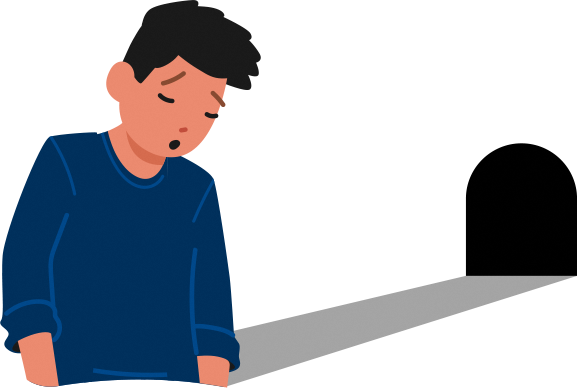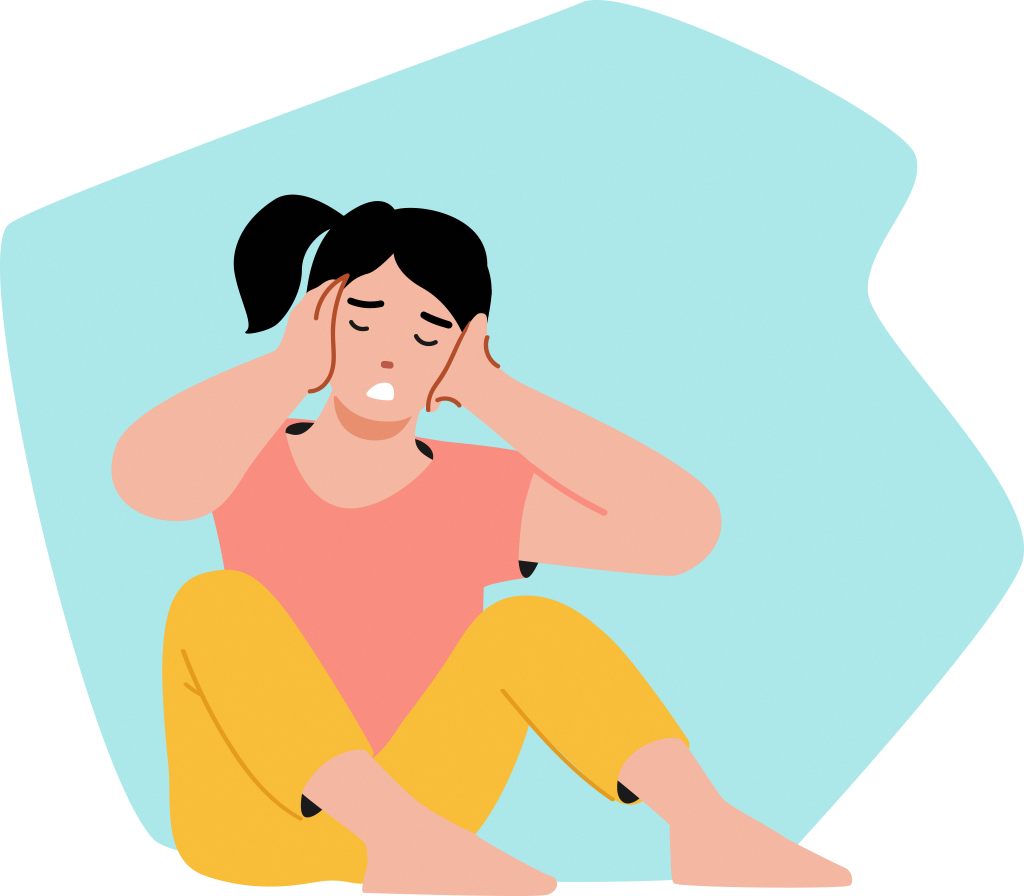
But in reality:
Mental health conditions might be more common than you think.

1 in 7 people aged 18 and above in Singapore have experienced a mental health condition in their lifetime (Second Singapore Mental Heath Study, 2016)
Youths are at the stage of life where they experience significant cognitive, social, and emotional changes. This makes them more vulnerable to distress and mental health conditions.
In addition to undergoing changes in their bodies that can affect how they feel and view themselves, they are also still learning how to cope with life’s challenges. This can be challenging if they do not develop appropriate coping mechanisms.








